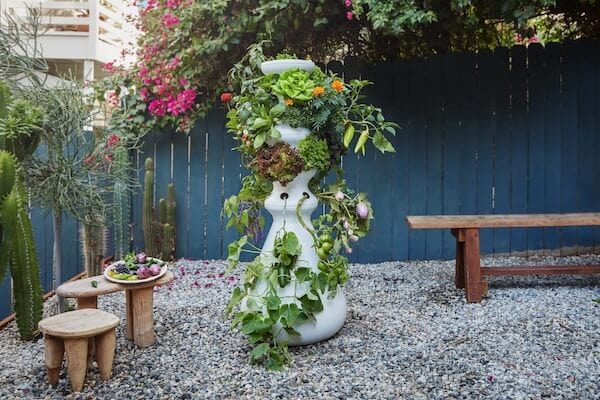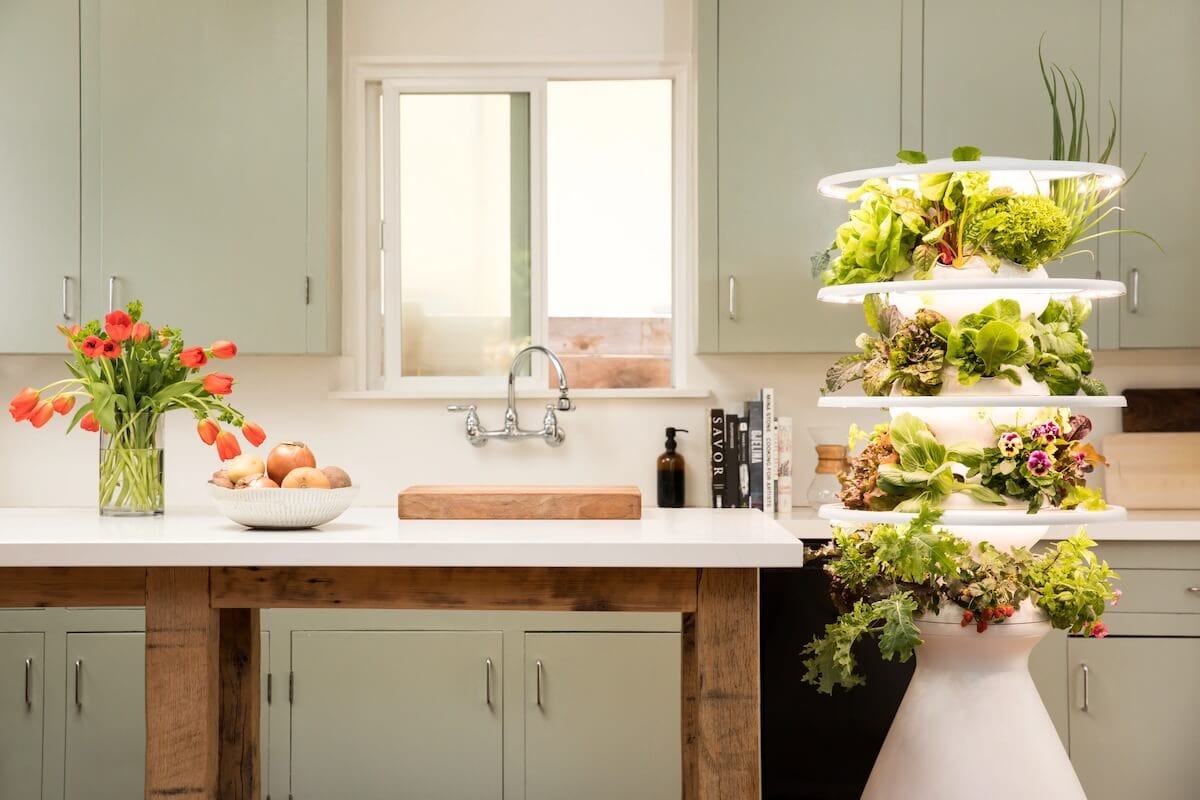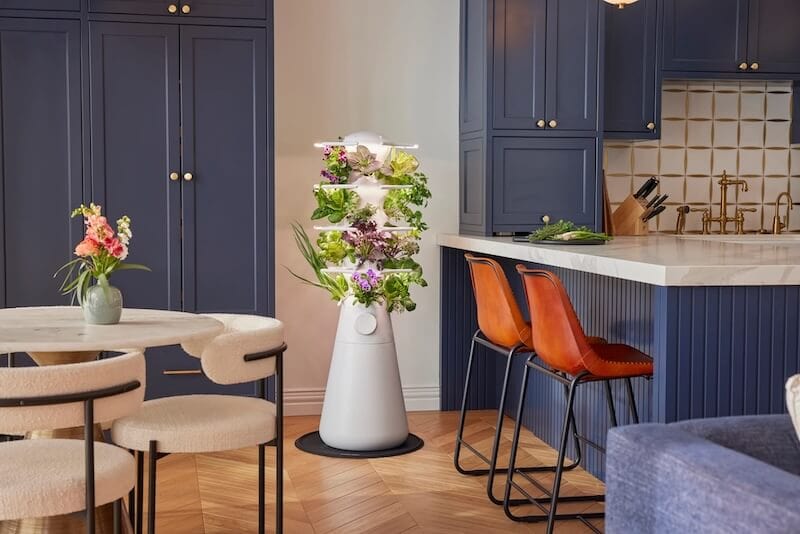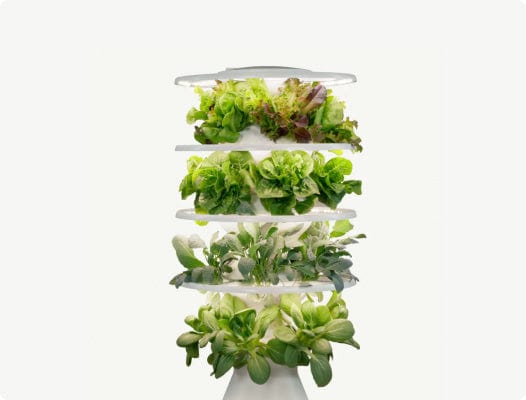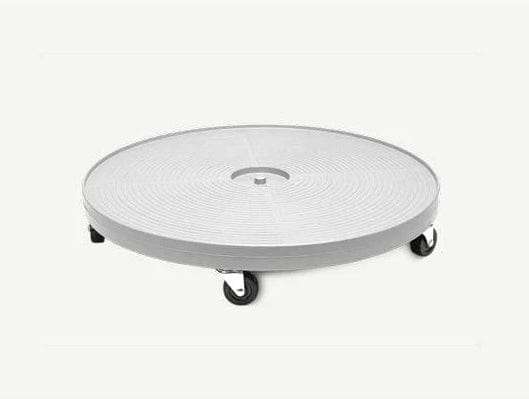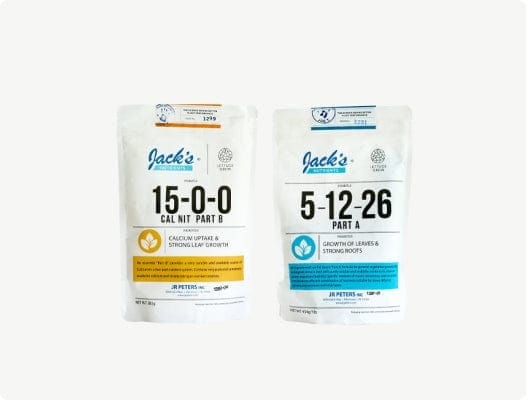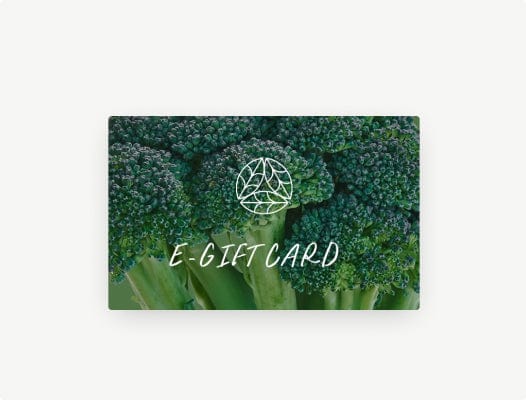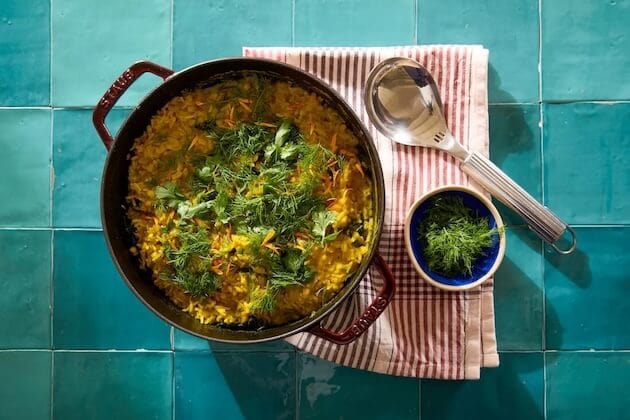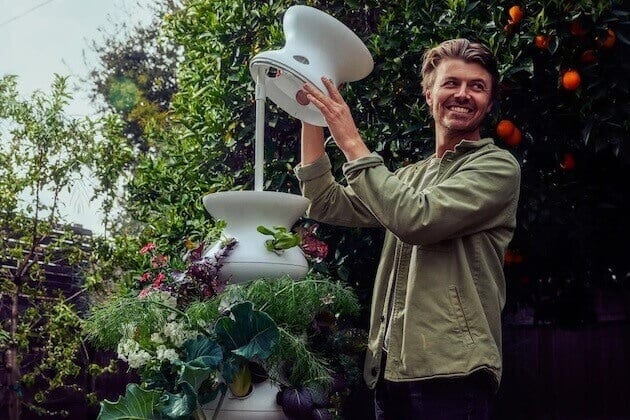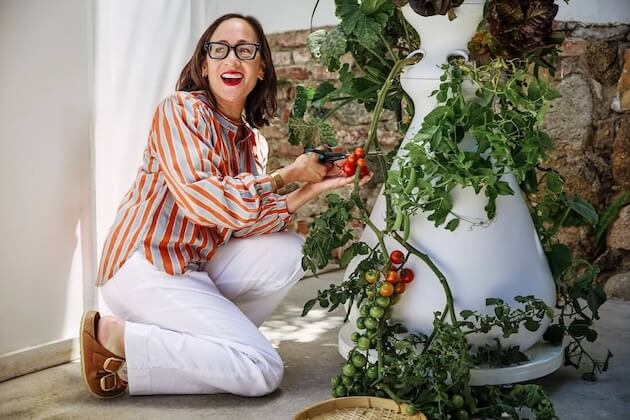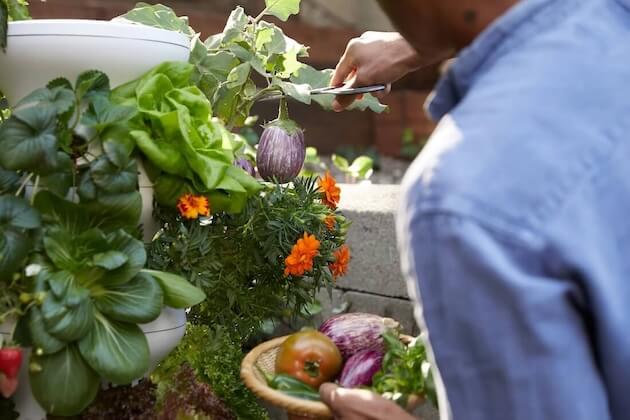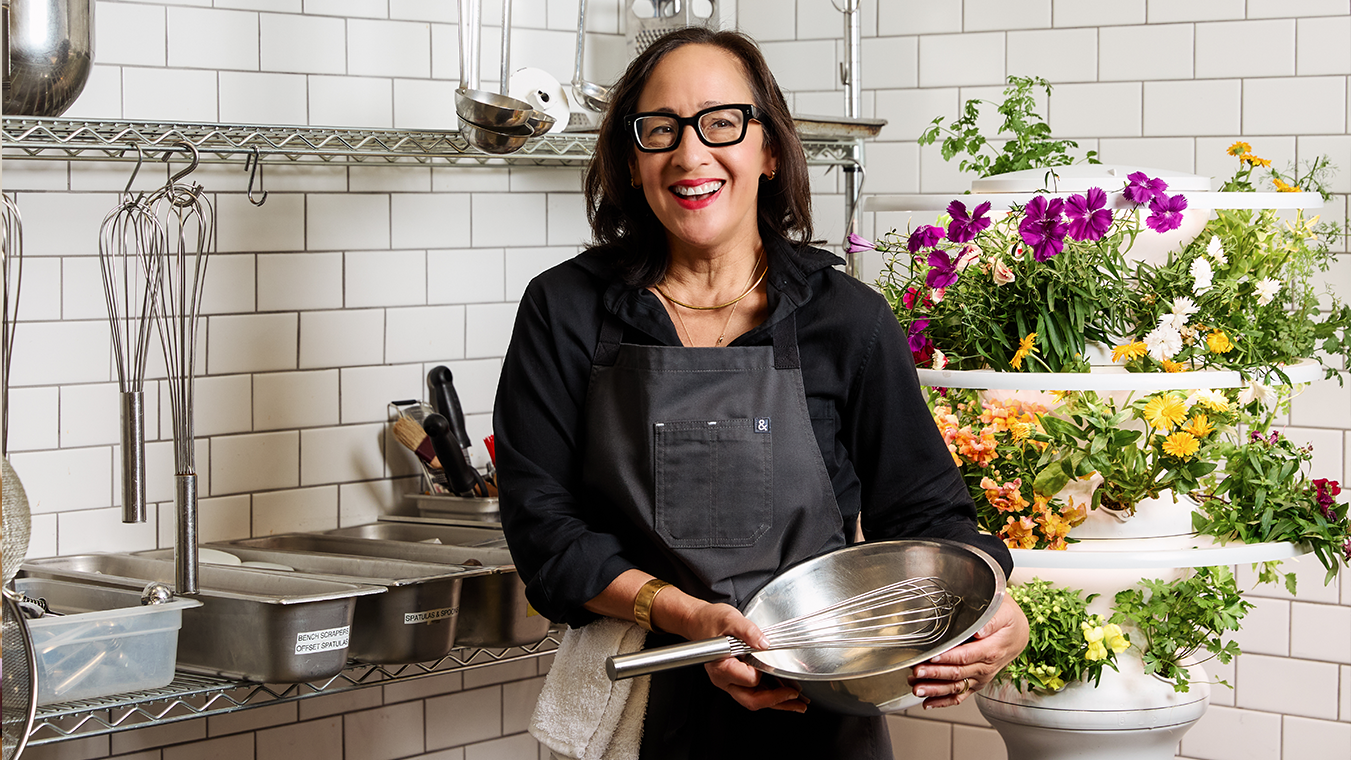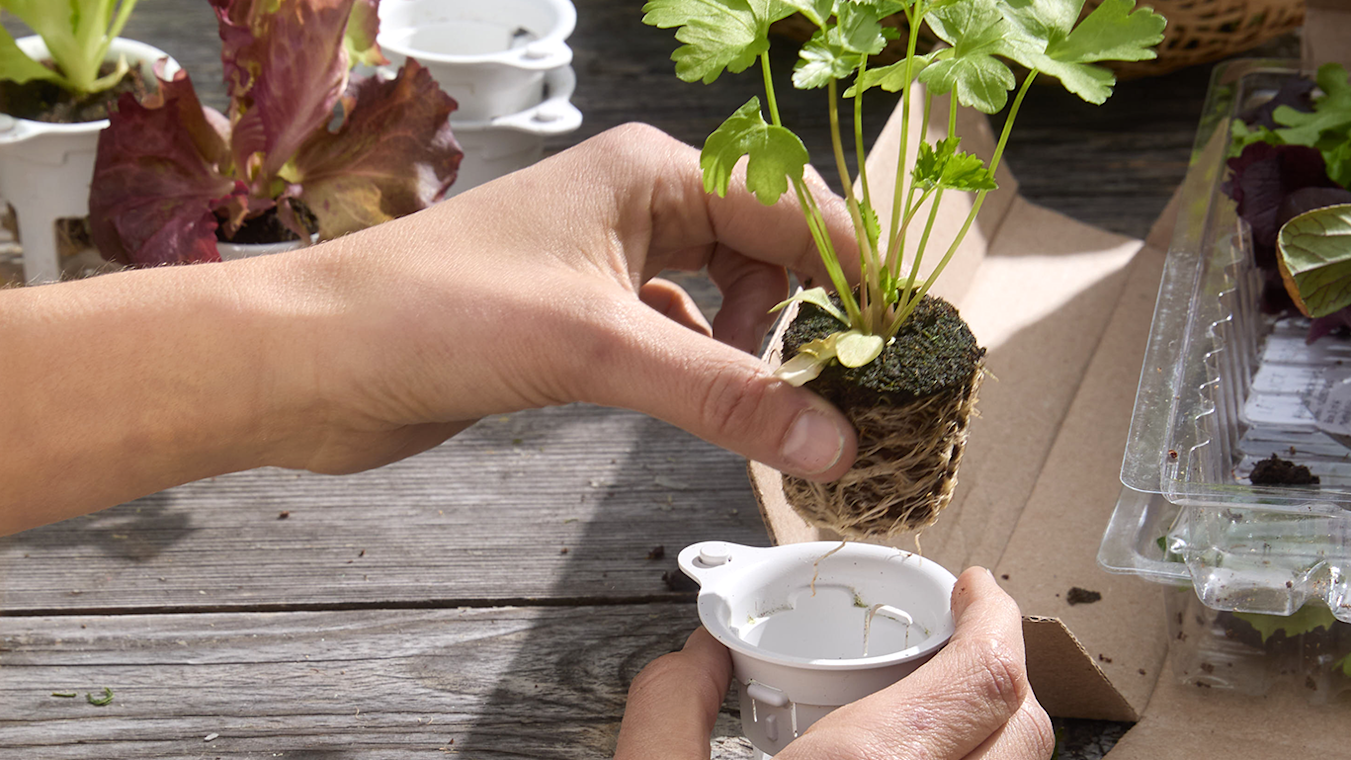Embark on a journey of mindful cooking and sustainable living with Jaskrit Bhalla- chef, herbalist and founder of Inner Garden Wellness, as she shares her transformative experience with the Lettuce Grow Farmstand. Jaskrit embraces the philosophy of intentional cooking and eating, connecting deeply with nature through her innovative practices. Join her as she harvests fresh produce at home and discover more about her dedication to sourcing the highest quality ingredients, advocating for local farms, and integrating the ancient wisdom of Ayurveda into her culinary creations.
Sourcing Ingredients
Q: Can you tell me a bit about where and how you source ingredients for your client meals?
Jaskrit Bhalla (JB) : “I source all of my produce for client meals from either the farmers market, or to local farms that I have a close relationship with. Conventional agriculture depletes soil quickly over rapid growing cycles, whereas the places that I source my produce from prioritize tastiness. I really try to make education a large part of what I do and advocate for knowing where your food comes from and supporting local purveyors. Sourcing high-quality ingredients is my top priority.”
Interest in Food and Ayurveda
Q: And how did you become interested in food sourcing?
“I grew up in an Indian household where food was a really important part of our lifestyle and culture. We visited India every summer, and I observed how my family bought and prepared their food, mainly from the market. In Ayurveda, there is a concept called Prana, which means energy. The food you consume has energy, just like you and I do. Fresh food tends to be highest in Prana, while processed or older foods lose their energetic value. This philosophy states that food as close to its source as possible has the highest vital energy.”
Q: Can you provide an overview of Ayurveda and how you incorporate it into your practice?
JB: “Ayurveda is an ancient system of medicine from India, over 3,000 years old, and still used today. It views us as elemental beings with earthly and cosmic elements that need harmonizing for proper health. Ayurveda integrates food, lifestyle, herbs, bodywork therapies, and subtle practices like color and sound therapy to bring harmony and heal imbalances. There are thousands of herbs in Ayurvedic herbalism, and I use what’s readily available, especially culinary herbs and spices, incorporating them into my cooking for clients, event menus, and daily life.”
Growing Experience
Q: Did you have experience with growing your own food prior to the Farmstand?
JB: “My first experience growing my own food was in college, where I grew windowsill herbs and leafy greens while in business school. I meticulously logged their watering and fertilizing needs. During the pandemic, I started volunteering with the Ecology Center, leading to roles in their retail department and CSA distribution program. This experience transformed my outlook on our food system and highlighted the importance of food security and sovereignty.”
Q: What garnered your interest in growing your own food at home?
A: “In between leaving the Ecology Center and starting InnerGarden, I worked various gigs, including at a farmers market and as an urban farm manager. During this time, I prioritized access to good food and became deeply engaged in growing my own. Living with my family, we grew a lot of our own produce in raised beds and tended to our fruit trees. The joy of picking your own tomato or pruning your own herbs for cooking is unparalleled. Food is the great connector, bringing us together over shared meals and cultural exchanges.”
Q: What has surprised you most about growing with the Farmstand Nook?
JB: “We moved in a few months ago and started using the Farmstand Nook. I’m excited to have access to edible flowers, greens, garnishes, and herbs for my cooking, both for clients and myself. Garnishes are especially expensive, so being able to reach for a bunch of violas or parsley right here is fantastic. The Nook’s abundant growth and consistent quality surprised me. It’s fail-proof, great for busy lifestyles, and space-efficient—perfect for urban spaces with limited room for a garden. I feel like any little thing that you can do that brings you one step closer to living a life that's more in tune with nature's rhythms is better for you and better for the planet.”
Q: Tell us about your experience with using the Gardena Herb Cut
JB: “The Gardena HerbCut shears are awesome. I love that they’re made from recycled plastic, which aligns with my personal philosophy. They have an herb stripper, making it a one-stop shop for harvesting and prepping herbs. Quality herb scissors are essential for anyone working in the kitchen or garden. The shorter shears offer precision for a cleaner cut, and the holster is super convenient for gathering plant materials sustainably and ethically during hikes.”
Interest in Herbalism
Q: Can you share about where your specific interest in herbs came from and how they came to be the focus of your profession?
JB: “Herbalism and kitchen medicine have always been part of my life, especially growing up in an Indian household. My mom used various herbs and spices and turned to home remedies first. This laid the foundation for me to understand the power of plants, roots, and seeds, used by my ancestors for thousands of years. We chewed fennel seeds after meals to promote digestion, and my mom cooked with turmeric, coriander, and cumin for their health benefits. My love for plants and nature led to my interest in herbalism. Now, as a chef and herbalist, my company Inner Garden offers culinary production for events, personalized client meals, herbalism workshops, and guided plant walks. I struggled with mental and physical health growing up, and exploring these practices professionally helped me understand the methods that aided me, so I can help others.”
Q: What would you recommend for anyone wanting to learn more about herbalism or Ayurveda?
JB: “I encourage people to start with what they’re putting in their bodies—what they’re eating and how they’re cooking. The kitchen is the most accessible way to understand the energetics of food and what feels good in your body. We all have to eat, so it’s the most exciting way to explore herbalism and Ayurveda. You don’t need supplements or targeted protocols; learning to feed ourselves properly and in tune with the seasons is the first step. Seasonality inspires my food and menus. In summer, we need cooling and hydrating foods like cucumber, fennel, zucchini, tomatoes, basil, mint, prickly pear cactus, aloe vera, and hibiscus. These foods help our bodies cool down and stay hydrated during our most active season.”
Personal Wellness Philosophy
Q: How do you think the practice of mindfulness, such as watching your food grow, focusing on the color of a vegetable as you wash it, brewing your own tea, or making home-cooked meals, can change the world?
JB: “When cooking for an event with 150 people, there's a lot to manage. But when you're cooking a meal for yourself, family, or friends, it's a chance to slow down and be intentional with your ingredients and preparation. It’s an amazing opportunity to connect with your food and channel love into what you're making. Engaging our senses makes us feel alive. Beauty and pleasure are vital for happiness—not in a superficial sense. Engaging with colorful produce and herbs, working with your hands, and smelling the aromas of spices and food is incredibly pleasurable. And I just think that's very important to be happy.”
Q: Can you elaborate on how you further integrate Ayurveda or any other healing practices/modalities into your personal life?
JB: “I've gone through phases where I'm not taking good care of myself, and it clearly affects my interactions with others. When I prioritize my health and happiness, I notice a positive difference, and those around me do too. Taking care of myself allows me to lead by example and show others that making positive choices isn't as hard as it seems.
The most rewarding aspect has been inspiring my friends and family to live in tune with their own rhythms and connect with nature. Despite disliking routine, I know I need it to thrive. My morning routine includes drinking water, taking vitamins and tinctures, tongue scraping, and oil pulling—an Ayurvedic practice.”
